|
A number of African countries and regions are battling rising levels of violent extremism. The state response has tended to be a single-minded focus on force; governments are reluctant to be seen to be negotiating with terrorist groups. Akinola Ojo argues that it’s time to rethink this approach and explore dialogue as a crucial part of any official response to extremism.
Mozambique’s elections are set for next month, and as part of the preparations a peace deal was negotiated between the government and the Renamo opposition party. It’s a step in the right direction – but will it hold? Justin Pearce outlines three issues that may scupper the deal.
Also today:
|
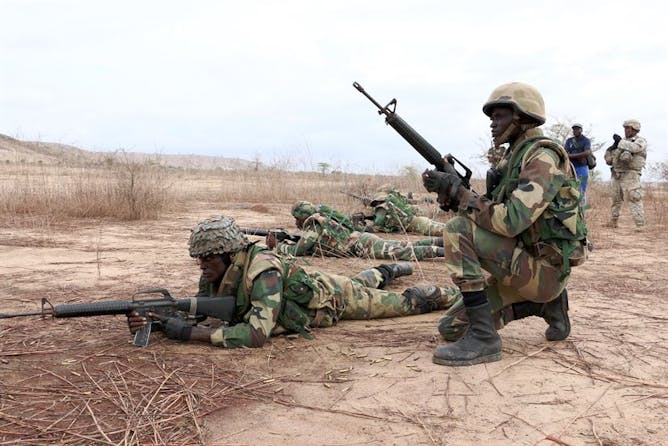
Several African states are struggling to stem violent extremism.
Wikimedia Commons
Akinola Olojo, Institute for Security Studies
It is time to reconsider the predominant strategy in play on the continent for dealing with terrorism.
|
Politics + Society
|
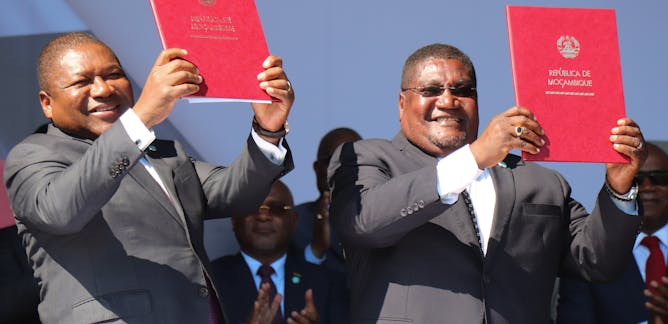
Justin Pearce, University of Cambridge
The splintering in Renamo has its origins in the unexpected death last May of Afonso Dhlakama, its leader of 39 years.
| |
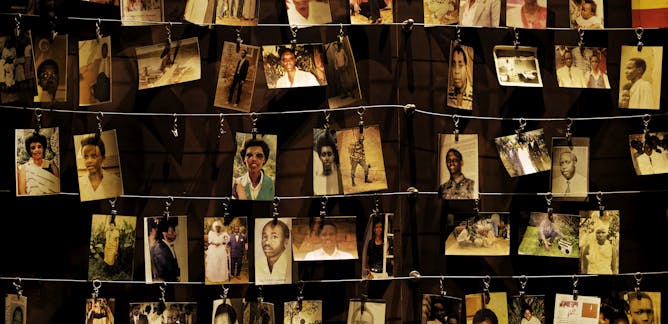
Samantha Lakin, Clark University
Learning from what actually worked during the United Nations' infamously ineffective 1994 peacekeeping mission in Rwanda may save lives in the future.
|
|
|
Health + Medicine
|
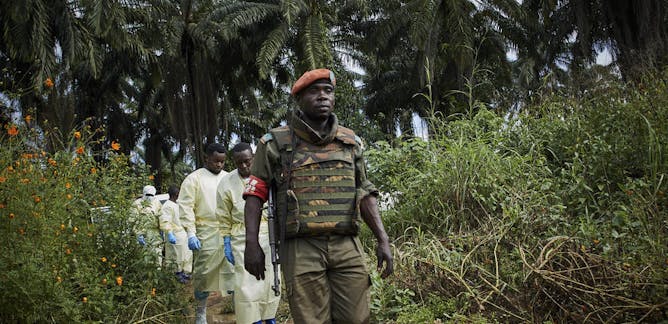
Aymar Nyenyezi Bisoka, Université catholique de Louvain
Local communities are wary of the sudden arrival of outsiders and of their interest in regions where there's been violence for years
| |

Tanya Doherty, South African Medical Research Council
Sanders was not afraid to challenge and speak out about sensitive and difficult issues, to people in senior positions of power - and when he did, they sat up and listened.
|
|
|
En español
|
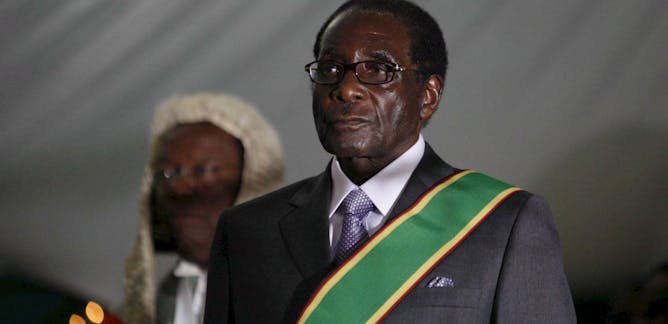
Roger Southall, University of the Witwatersrand
¿En qué lugar del panteón de los líderes nacionalistas africanos que llevaron a sus países a la independencia debemos colocar a Mugabe?
| |

José Antonio Mendizabal Aizpuru, Universidad Pública de Navarra
El reciente informe del Panel Intergubernamental de Expertos sobre el Cambio Climático pretende concienciarnos de las consecuencias que pueden tener para el futuro del planeta las pautas y hábitos de vida que hemos instaurado en nuestra sociedad.
|
|
|
From our international editions
|

Catherine Whittaker, University of Aberdeen
As protests continue in Mexico about violence against women, some have blamed macho culture. But that may do more harm.
| |

Peter Howley, University of Leeds
It's not all about the economics – people's sense of well-being may help explain anti-immigration attitudes.
|

Jason Gilchrist, Edinburgh Napier University
Scientists are left with two conclusions. Either Nessie is an eel, or she never existed at all.
| |

Csilla Ari D`Agostino, University of South Florida
How is NASA preparing astronauts for high-stress living on the Moon? Turns out the answer is by living in undersea bases just off the coast of Florida in a lab known as Aquarius Reef Base.
|
|
|